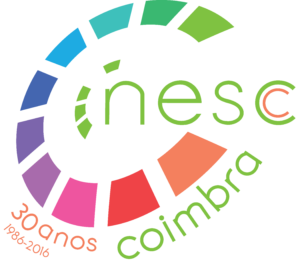Title: Network automation: challenges, enablers, and benefits
Abstract: Communication infrastructures are evolving towards an ad-hoc service provisioning scenario where programmability and flexibility are fundamental concepts. Network automation is expected to play a vital role in streamlining all aspects of the service provisioning process (i.e., deployment, maintenance, and tear down). However, to fully realize this autonomous operation vision, closed-loop automation procedures need to be developed.
This tutorial will present the main motivations and challenges behind designing and operating closed-loop autonomous decision-making processes, including a brief overview of current standardization initiatives. The tutorial will then address several use cases showcasing how network automation can alleviate the complexity of the service provisioning processes and the benefits brought in by the introduction of network automation.
Speakers:

Paolo Monti
(Chalmers University of Technology, Sweden)

Carlos Natalino
(Chalmers University of Technology, Sweden)
Paolo Monti is a Professor and the Head of the Optical Networks Unit at Chalmers University of Technology. His main expertise is with the design and operation of optical communication infrastructures where he focuses on various network aspects including energy efficiency, resiliency, programmability, automation, and techno-economics. He has been involved (as PI, co-PI, and/or main technical leader) in several national and international projects funded by the main research bodies in EU, USA, and Asia. His educational portfolio includes both teaching courses (undergrad, MS and Ph.D. level) and running and developing education programs in the broad ICT area. He is a Senior Member of IEEE.
Carlos Natalino is a postdoc with the optical networks unit at Chalmers University of Technology. His research interests are in the area of optimization and the application of machine learning models for the autonomous and efficient control and management of networks. More recently, his research has also included practical aspects of the implementation of control and management strategies in scalable SDN. He has (co)authored more than 40 technical papers published in recognized conferences and journals. Carlos has been involved in several national and international projects funded by European, Swedish, and Brazilian funding bodies.





